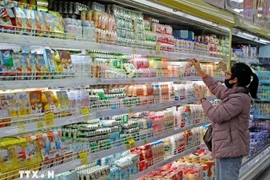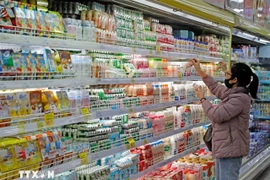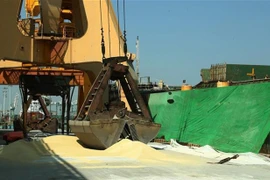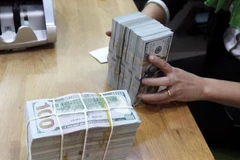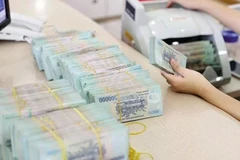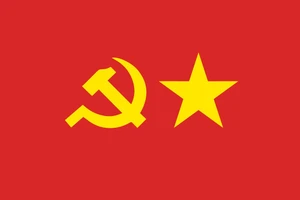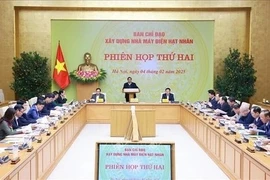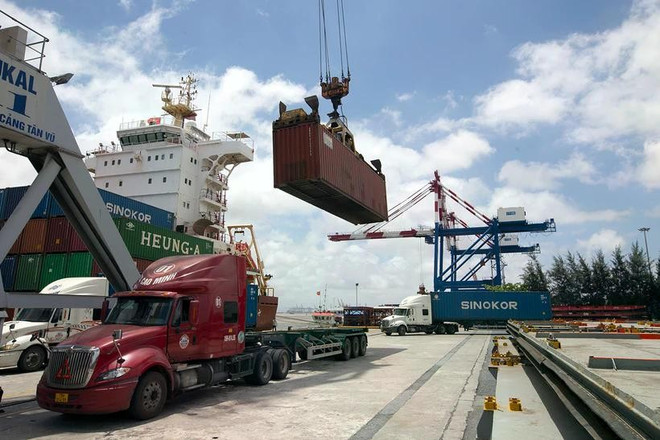
Hanoi (VNA) - In a significant move to support businesses during challenging times, the Vietnamese government has extended and enhanced various tax relief programmes for 2025, with reductions and deferral measures aimed at stimulating economic growth.
According to the Ministry of Finance, the tax and fee incentives put in place between 2020 and 2024 made key contributions to socio-economic recovery and development.
The implementation of tax extensions, exemptions, and reductions, particularly the 2-percentage-point VAT cut, helped stimulate domestic consumption, which is one of the three primary drivers of economic growth.
In 2025, the ministry will continue to implement fee reductions ranging from 10% to 50% to encourage citizens and businesses to utilise online public services. The ministry will also effectively manage export tariffs, preferential import duties, and goods quotas, including adjustments to import-export tax policies to address business challenges.
Assoc. Prof. Dr. Nguyen Thuong Lang from the National Economics University stated that flexible financial policies have delivered tangible benefits to both citizens and businesses while supporting socio-economic recovery. Despite placing significant pressure on the state budget, these tax and fee reduction measures have provided businesses with substantial liquidity while effectively promoting domestic consumption and production activities.
Tax incentives will serve as an important foundation for sustaining economic development in 2025 and beyond, he said. He elaborated that the government’s tax support policies will enable businesses to invest in technology and improve product quality, thereby enhancing their competitiveness in the market. This will particularly benefit small and medium-sized enterprises, helping them navigate through difficult periods.
Amidst ongoing challenges in business operations, high production costs, and slowing domestic purchasing power, the ministry has proposed the government and National Assembly continue the 2-percentage-point VAT cut. This reduction applies to goods and services currently subject to a 10% tax rate, excluding sectors such as telecommunications, IT, finance, banking, securities, insurance, real estate, metals, mining products, refined petroleum, chemicals, and items subject to special consumption tax. This measure is effective from January 1 to June 30 of this year.
Financial specialist Dr. Nguyen Tri Hieu stated that this move could have positive impacts on the economy, as it will strengthen businesses while stimulating domestic consumption. He added that it must be carried out in harmony with other mechanisms and policies to ensure efficacy./.
